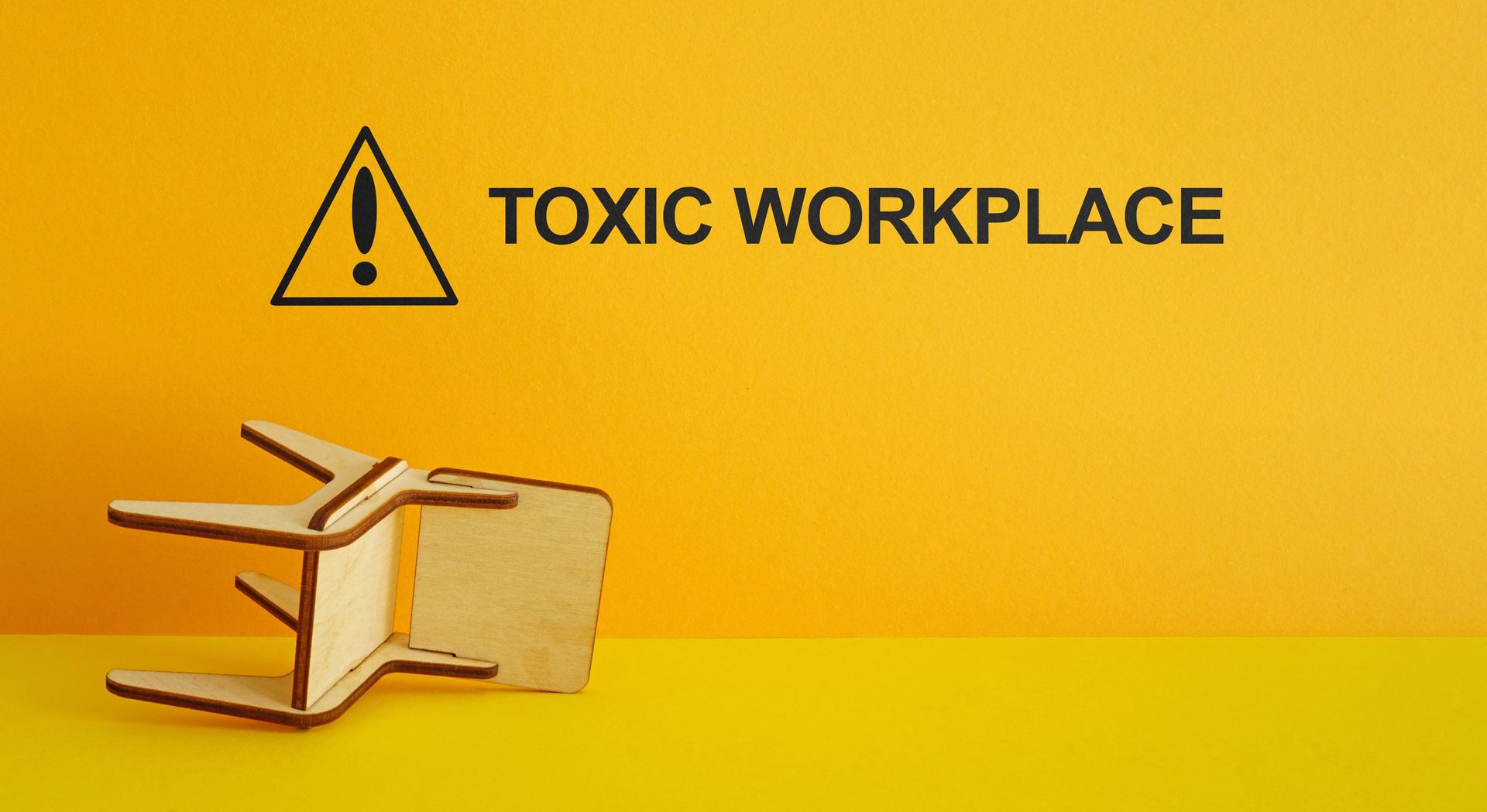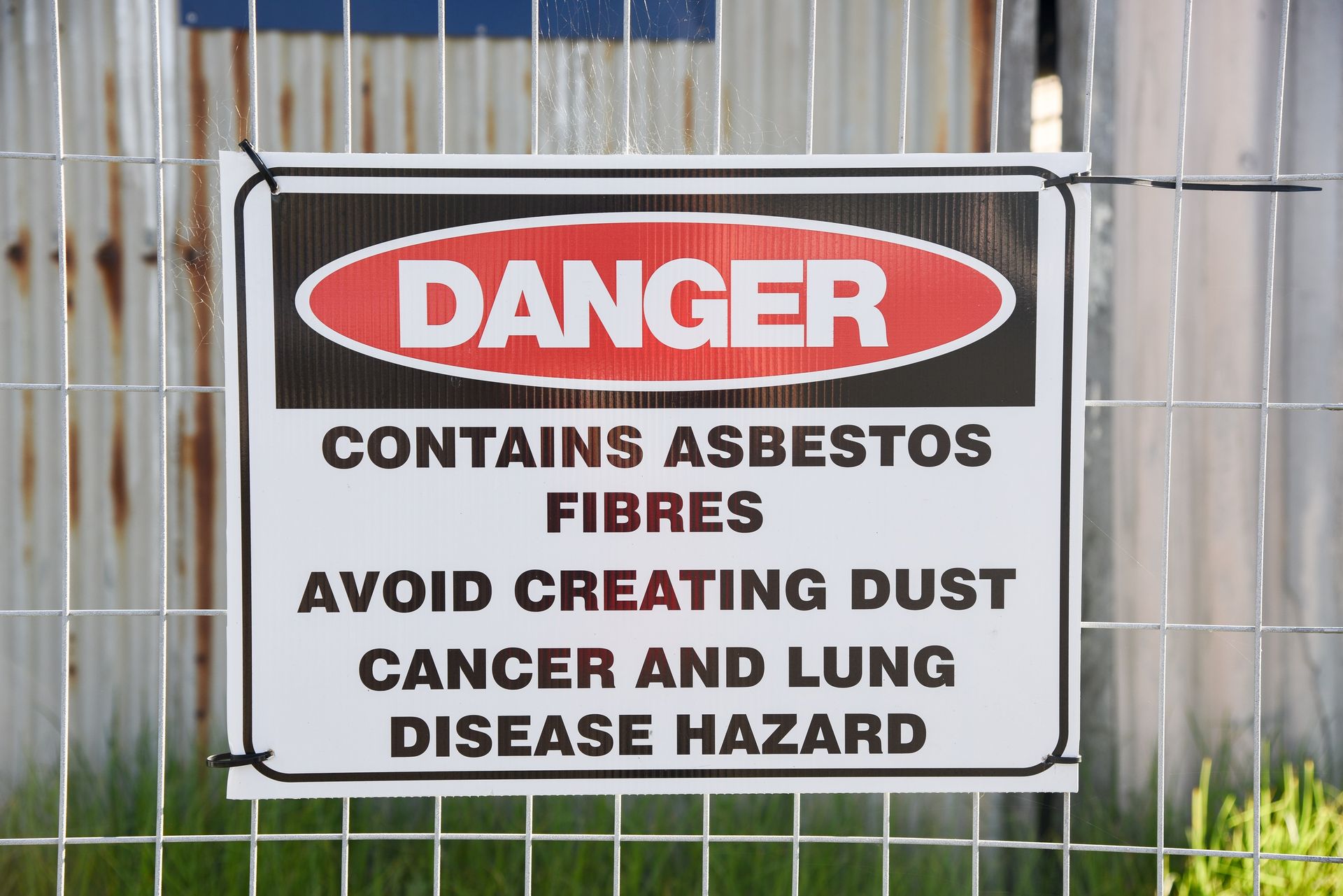Court ordered medical procedures for children
Franca Parolin, Senior Associate • June 17, 2016
The recent decision by the Family Court of Western Australian which was well publicised in the media, involved the court ordering a child suffering from a serious medical condition (brain tumour) to undergo chemotherapy and possible radiotherapy treatment, against the wishes of his parents. It has highlighted the difficult decisions that a Judge can be called upon to make.
The case of Kiszko (2016) involved a court making orders on 24 March 2016 that the child undergo chemotherapy as well as placing the child on the Airport Watch List, to avoid a parent of the child removing him from Australia before treatment could begin.
The case was set against a background including the Princess Margaret Hospital Ethics Committee convening meetings between the child’s treating medical practitioners and the child’s parents as to the best course of treatment for the child.
In Kiszko, the application was commenced by the Director Clinical Services, Child & Adolescent Health Services in Western Australia. It was an urgent case, as the child’s condition was deteriorating.
Whilst it is considered that the Family Law Act gives the parents of children joint parental responsibility for making decisions about their children, there are some instances where the Court is required to intervene and consider all of the evidence as to what course of treatment promotes the best interests of the child.
The Court has in the past also been required to consider medical treatments for children with gender dysphoria (sex change procedures). In those cases the court needs to consider a number of factors over and above the usual considerations for what constitutes the best interests of the child.
Where the court is called upon to determine these cases, what does the court actually consider?
The court is required to look at:
1. the exact nature and purpose of the proposed medical procedure;
2. the likely long term physical, social and psychological effects on the child if the procedure is (and is not) carried out;
3. the nature and degree of any risk to the child from the procedure;
4. if alternative and less invasive treatment is available;
5. the reason the procedure is recommended instead of the alternative treatments; and
6. whether the child’s parents agree to the procedure.
It is interesting to note that whilst the wishes of the child’s parents are taken into account, in such cases the court looks at all the expert medical evidence available to the court and of course the urgency that surrounds treatment being commenced. Noting that, there can be vastly different medical expert opinions, on any course of treatment for a particular condition.
- If you need to know more, contact Kells on 4221 9311 and talk to an experienced family lawyer.

Kells has been delivering outstanding services and legal expertise to commercial and personal clients in Sydney and the Illawarra region for more than five decades. Our lawyers are savvy and understand your needs.
Subscribe
Want to get the latest articles and news delivered to your inbox?




